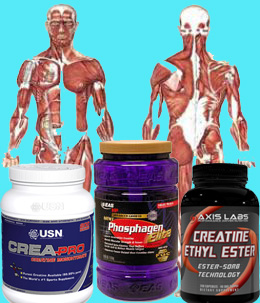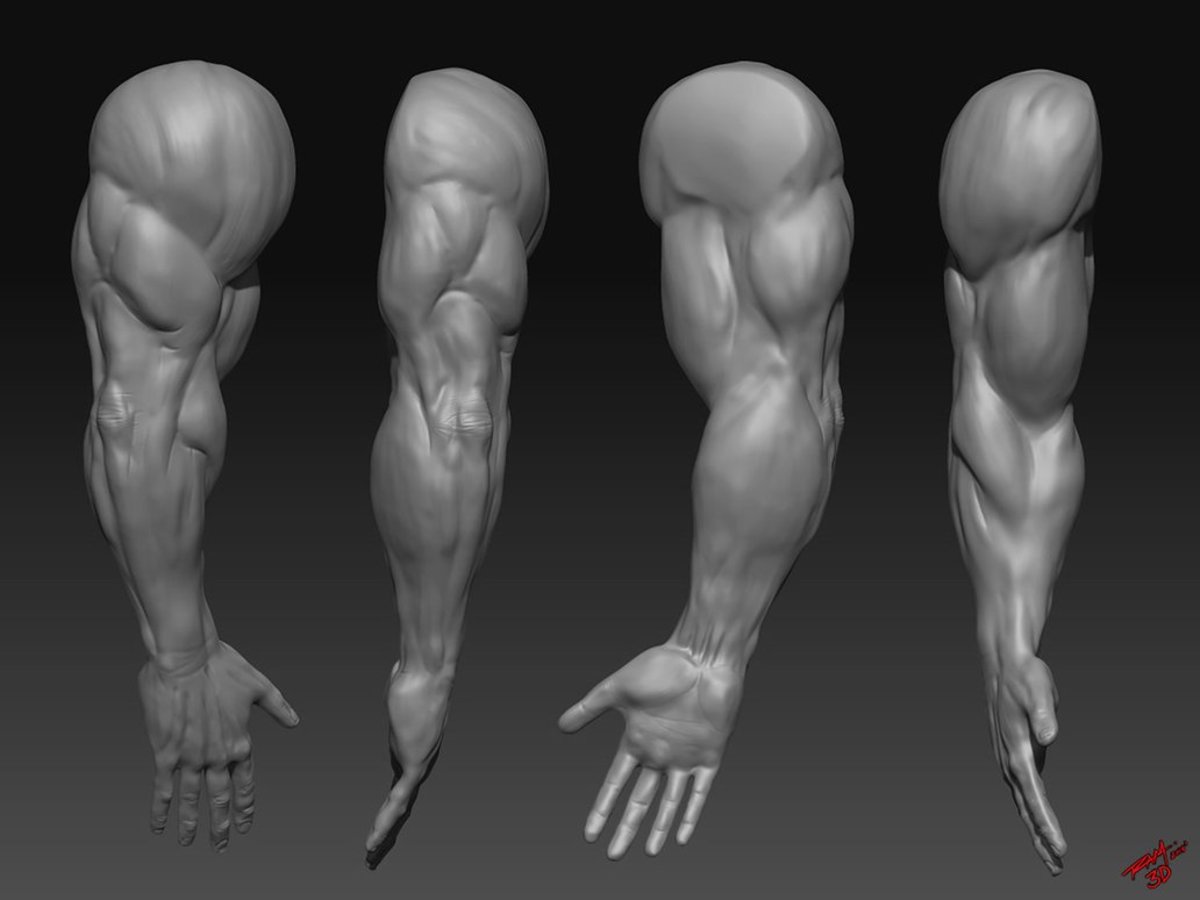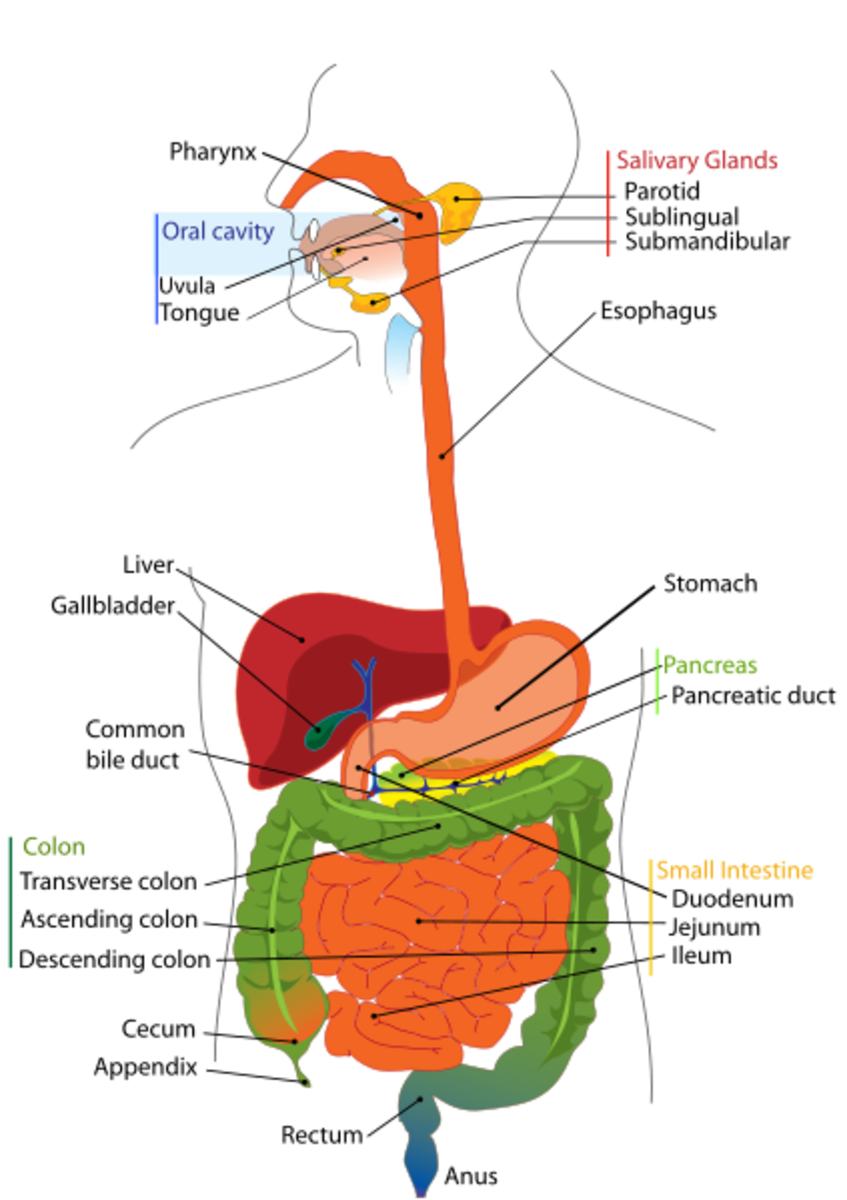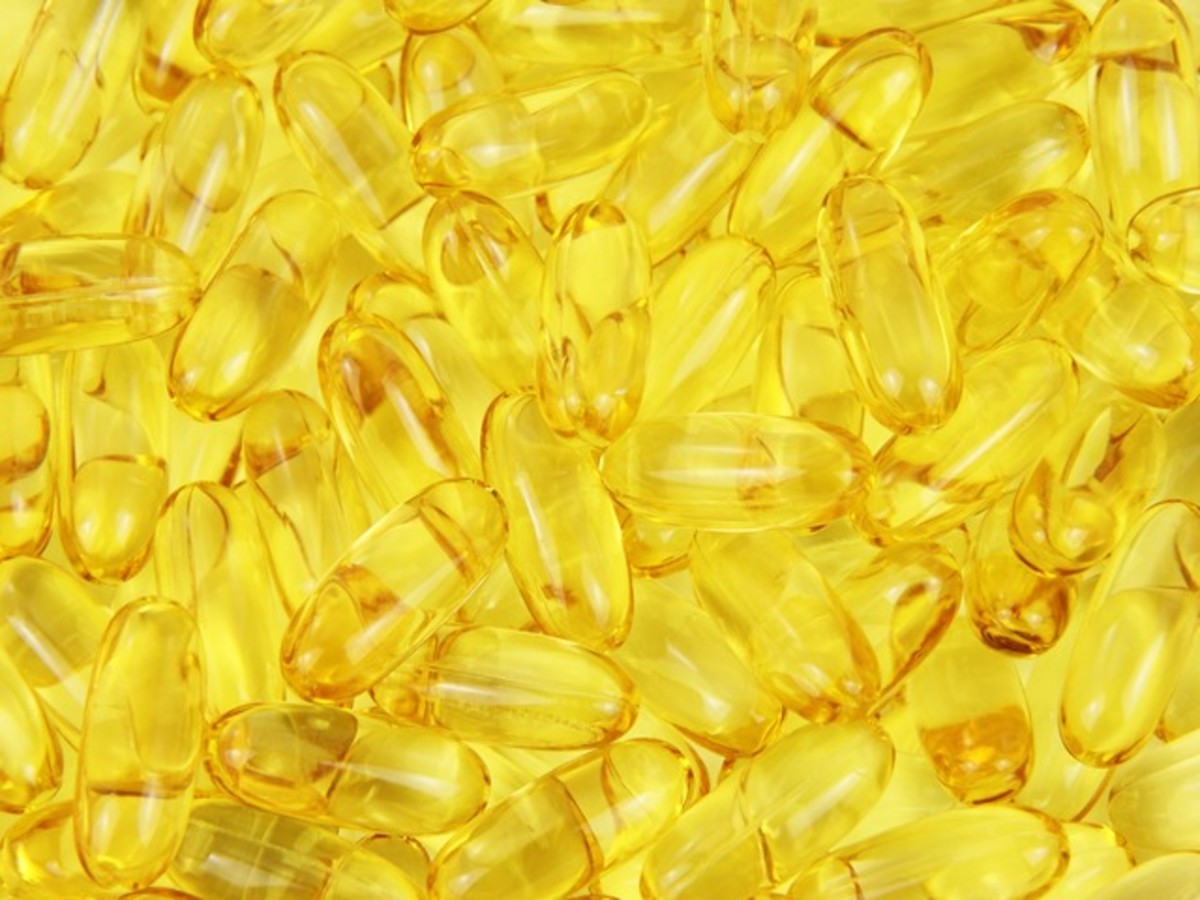Creatine vs Glutamine - Benefits of Creatine
<< Part 2 - Sources <<
So you have an interest in taking some supplements?
Creatine and glutamine have caught your eye (or ear) and you're not sure which is better. Am I right?
So what exactly can either of these supplements do for you?
There's no sense in taking something if you don't know what to expect. That'd be like watering your plants and being surprised when they grow bigger. And that's what you really want right; to be bigger, stronger and faster?
It's better to know what to expect so that you know if it's even working for you. So to start, let's take a look at some of the benefits of creatine.

The Benefits of Creatine
What's the first thing you probably want to hear? It's going to make you so huge! Something like that? Well, it could help you get to "huge", but it's not going to do the work itself. You still need to be hitting the gym just as hard as you normally do. Not literally! You'll break your hand.
Creatine is used to boost your high-intensity performance. It's even been proven by guys in white lab coats that creatine will increase your performance in repetitive cycling sprints. It's not going to improve your endurance, but it will help you with speed in short bursts.
And, unless you pump out hundreds of reps with pink dumbbells, you're going to see gains in your lifts. You lift in short bursts: You do a set, rest, do another set, rest and so on.
Remember how we talked about phosphocreatine lending its phosphate to ADP (making it ATP again) so it can use the energy for your muscles? Supplementing with creatine will give your muscles extra energy for explosive movements because of this ATP regeneration. That's not all it does though!
You know that burning feeling you get in your muscles? You're pumping out set after set and your muscles just ache and it's harder for you to keep going. That's from a build up of lactic acid.
Where the heck does that stuff come from?
Well, if you don't have enough phosphocreatine handy, your body has to create ATP by itself through a process called glycolysis. It's great that it can can do that, but when the process is over it also creates lactic acid.
So, if you're supplementing with creatine your body has no need to create ATP on its own. What's that mean? It means that you're not going to have that build up of lactic acid. You're going to be able to lift longer and harder because that burning feeling in your muscles will be held off thanks to creatine.
So if you can lift harder in the gym than you normally can, what do you think that means?
You're going to make bigger strength gains! New users will see quick weight gains in your first few weeks. Don't let "weight gain" scare you, I'm not talking about fat. I'm talking muscle weight and some water weight from water retention. The water retention will volumize your muscle cells and make your muscles feel more pumped up and they'll look bigger. That's not counting your actual muscle gains. You WILL gain some water weight, but the rest is going to be muscle weight. An average bodybuilder can put on around 15lbs in a month of using creatine.
Creatine will also make muscle hypertrophy possible by increasing the number of myonuclei available for satellite cells to give to damaged muscle. Hypertrophy is just a fancy way of saying bigger muscles. Studies have also shown that creatine may actually boost fat loss and increase your max lift in the bench press.
Let's step outside of the gym for a moment: creatine can benefit you in ways that aren't fitness oriented.
It may be beneficial to use creatine for muscular, neurological and neuromuscular diseases, like arthritis and congestive heart failure. Creatine helps to reduce "muscle wasting" in post-surgical patients. If you're lying in bed, not using your muscle, you're bound to lose it. It also will reduce heart spasms and may lower blood lipids (cholesterol).
We talked briefly about vegetarians before and how they can get by on the natural creation of creatine through plant-derived amino acids. Although it doesn't hurt them, they do tend to have lower than average body storage of creatine. So creatine supplementation can be beneficial for a vegetarian and I'm not just talking for in the gym. There was a study that proved creatine significantly improved results in cognitive and memory tests for vegetarians.
Dr. Caroline Rae led a study on the effects of creatine on your brain functions and found that it can improve your memory. She had her test subjects supplement with 5 grams of creatine a day, for six weeks. When tested, the subjects had an increased ability to remember long numbers and their brains operated a lot faster.
Studies have shown short term use of creatine supplements to be safe and it's not banned by most sports. So to sum it all up, creatine is safe, you're allowed to use it and it can be very beneficial. Now let's move onto the benefits of glutamine.









